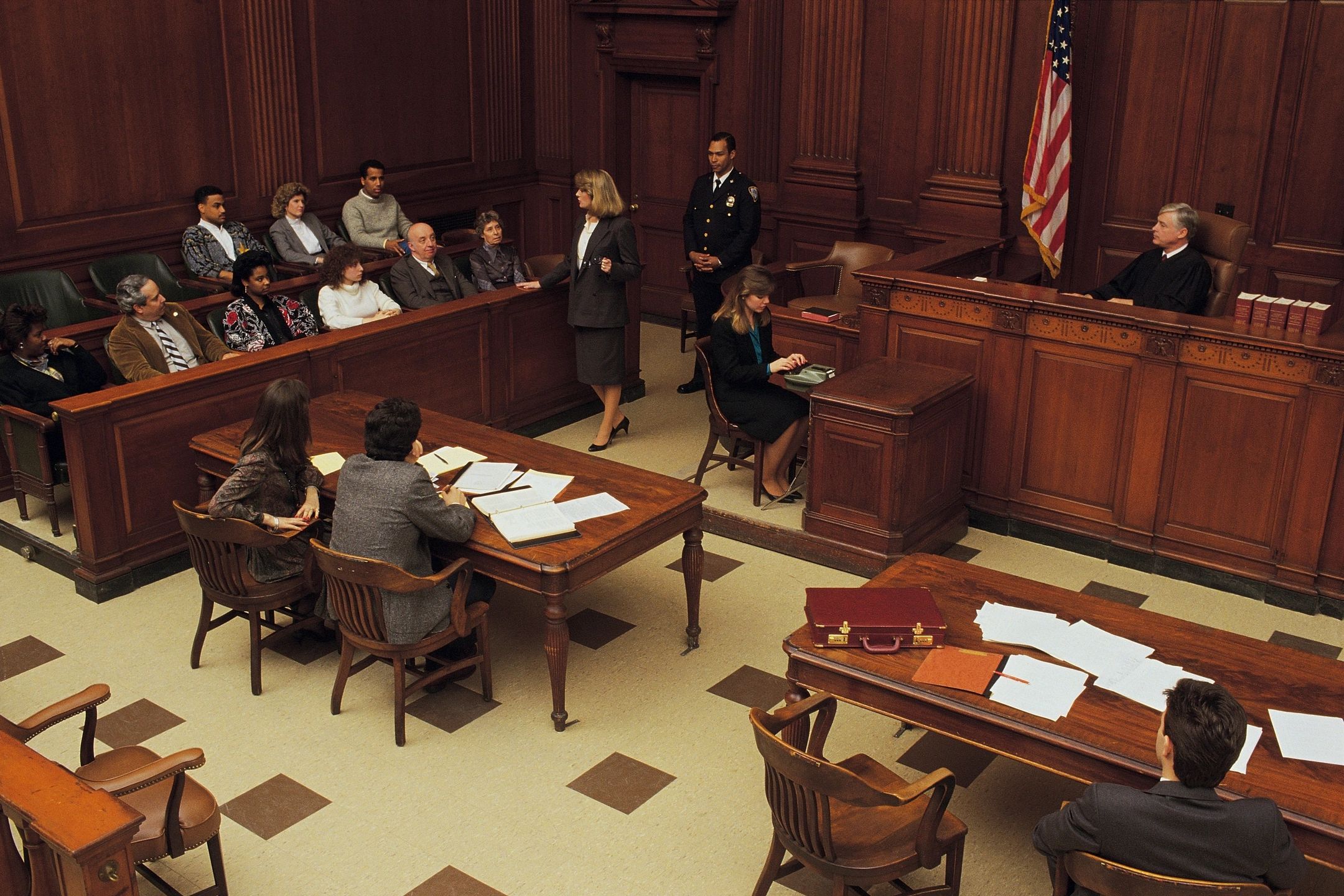When you are injured due to someone else’s negligence, you may be entitled to compensation. However, before you can receive that compensation, you will need to decide whether to settle your case or go to trial. Settling means that you will accept a settlement offer from the other party, while going to trial means that you will present your case in court and have a judge or jury decide the outcome. Both options have their pros and cons, and it’s important to understand them before making a decision.
What is a Personal Injury Case?
A personal injury case is a legal dispute that arises when one person suffers harm due to another person’s negligence. Personal injury cases can arise from car accidents, slip and falls, medical malpractice, and other types of accidents. In a personal injury case, the injured person (the plaintiff) seeks compensation from the person or entity responsible for their injuries (the defendant).
What is Settlement?
Settlement is a legal process in which the plaintiff and defendant agree to resolve the case without going to trial. In a personal injury case, settlement usually involves the defendant offering a sum of money to the plaintiff in exchange for the plaintiff agreeing to drop the case and release the defendant from liability.
What is Trial?
Trial is a legal process in which the plaintiff and defendant present their cases in court to a judge or jury, who will then decide the outcome of the case. In a personal injury case, the plaintiff will present evidence of their injuries and the defendant’s negligence, while the defendant will argue that they are not responsible for the plaintiff’s injuries.
Pros of Settling
There are several advantages to settling a personal injury case:
- Quicker resolution: Settling a case can be much faster than going to trial, which can take months or even years to resolve.
- Lower costs: Settling a case is usually less expensive than going to trial, since there are fewer legal fees and court costs involved.
- Certainty: When you settle a case, you know exactly how much money you will receive, whereas going to trial is more uncertain.
Cons of Settling
However, settling a personal injury case also has its disadvantages:
- Lower payout: Settlement offers are usually lower than what you might receive if you win at trial.
- Limited options: Once you accept a settlement offer, you cannot go back and ask for more money later.
- No admission of guilt: When you settle a case, the defendant does not admit to any wrongdoing, which may be important to some plaintiffs.
Pros of Going to Trial
There are also several advantages to going to trial:
- Higher payout: If you win at trial, you may receive a much larger payout than you would have received through settlement.
- Public record: The outcome of a trial is a matter of public record, which can be important if you want to hold the defendant accountable or seek justice.
- Sense of justice: Going to trial can give you a sense of satisfaction and closure, since the defendant will be held accountable in a public forum for their actions.
Cons of Going to Trial
However, going to trial also has its drawbacks:
- Higher costs: Going to trial can be much more expensive than settling, since there are more legal fees and court costs involved.
- Uncertainty: There is always the risk of losing at trial, which means you would receive no compensation at all.
- Time-consuming: Trials can take a long time to complete, which can be frustrating and stressful for plaintiffs.
Factors to Consider Before Deciding
When deciding whether to settle or go to trial, there are several factors you should consider:
- Strength of your case: If you have a strong case, you may be more likely to win at trial and receive a higher payout.
- Costs: Consider the costs of going to trial versus settling, and whether the potential payout is worth the additional expense.
- Emotional impact: Going to trial can be emotionally draining, so consider whether you are willing to go through the stress and uncertainty of a trial.
- Timeline: Consider how long it may take to resolve your case through settlement or trial, and whether you are willing to wait that long for compensation.
Conclusion
Deciding whether to settle or go to trial in a personal injury case can be a difficult decision. Both options have their pros and cons, and it’s important to consider them carefully before making a decision. Ultimately, the choice you make will depend on the specifics of your case, your personal preferences, and your priorities.
FAQs
- Can I change my mind about accepting a settlement offer?
- No, once you accept a settlement offer, you cannot go back and ask for more money later.
- How long does a trial usually take?
- Trials can take months or even years to complete, depending on the complexity of the case.
- What happens if I lose at trial?
- If you lose at trial, you will receive no compensation for your injuries.
- Will I have to testify in court if I go to trial?
- Yes, as the plaintiff, you will likely need to testify in court if you go to trial.
- Can I negotiate a settlement offer?
- Yes, you can negotiate a settlement offer, but the defendant is not required to agree to your terms.
- What if the defendant refuses to settle?
- If the defendant refuses to settle, you can still choose to go to trial and have a judge or jury decide the outcome of your case.
- Do I need a lawyer if I decide to go to trial?
- It is highly recommended to have a lawyer if you decide to go to trial, as the legal process can be complex and having a professional on your side can increase your chances of a successful outcome.
- What if I can’t afford to go to trial?
- If you cannot afford to go to trial, there are options available such as contingency fee agreements with your lawyer, or legal financing services that can help cover the costs.
- Is it possible to settle during a trial?
- Yes, it is possible to settle during a trial if both parties agree to do so.
- Can I sue for punitive damages in a personal injury case?
- Punitive damages are sometimes available in personal injury cases, but they are not awarded in all cases and are typically reserved for cases where the defendant’s behavior was particularly egregious.






